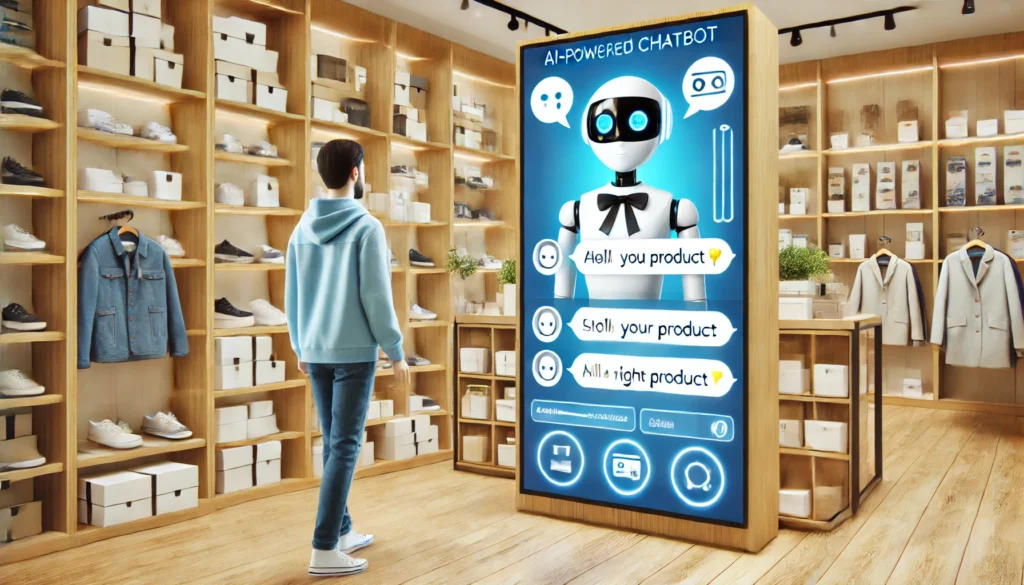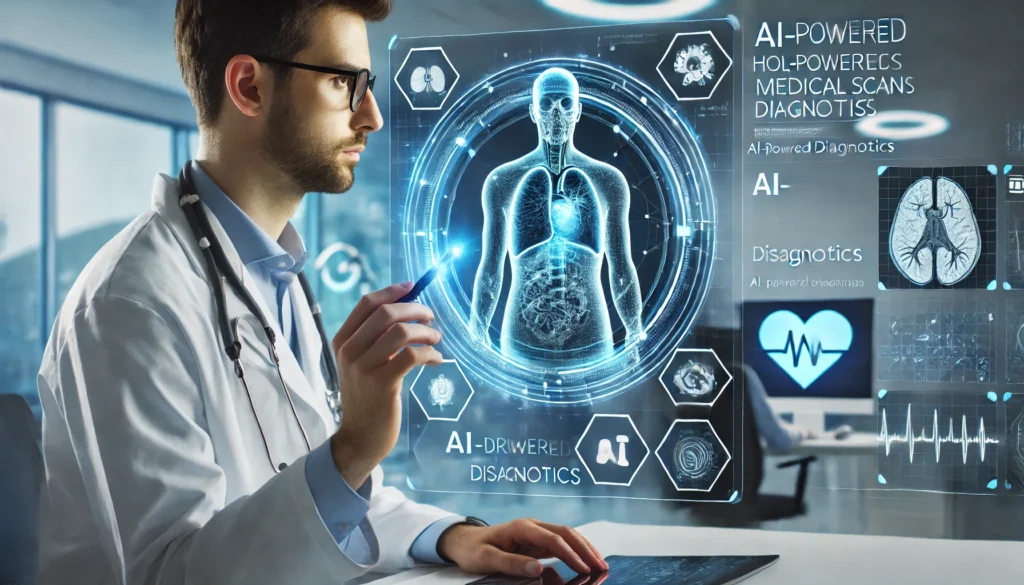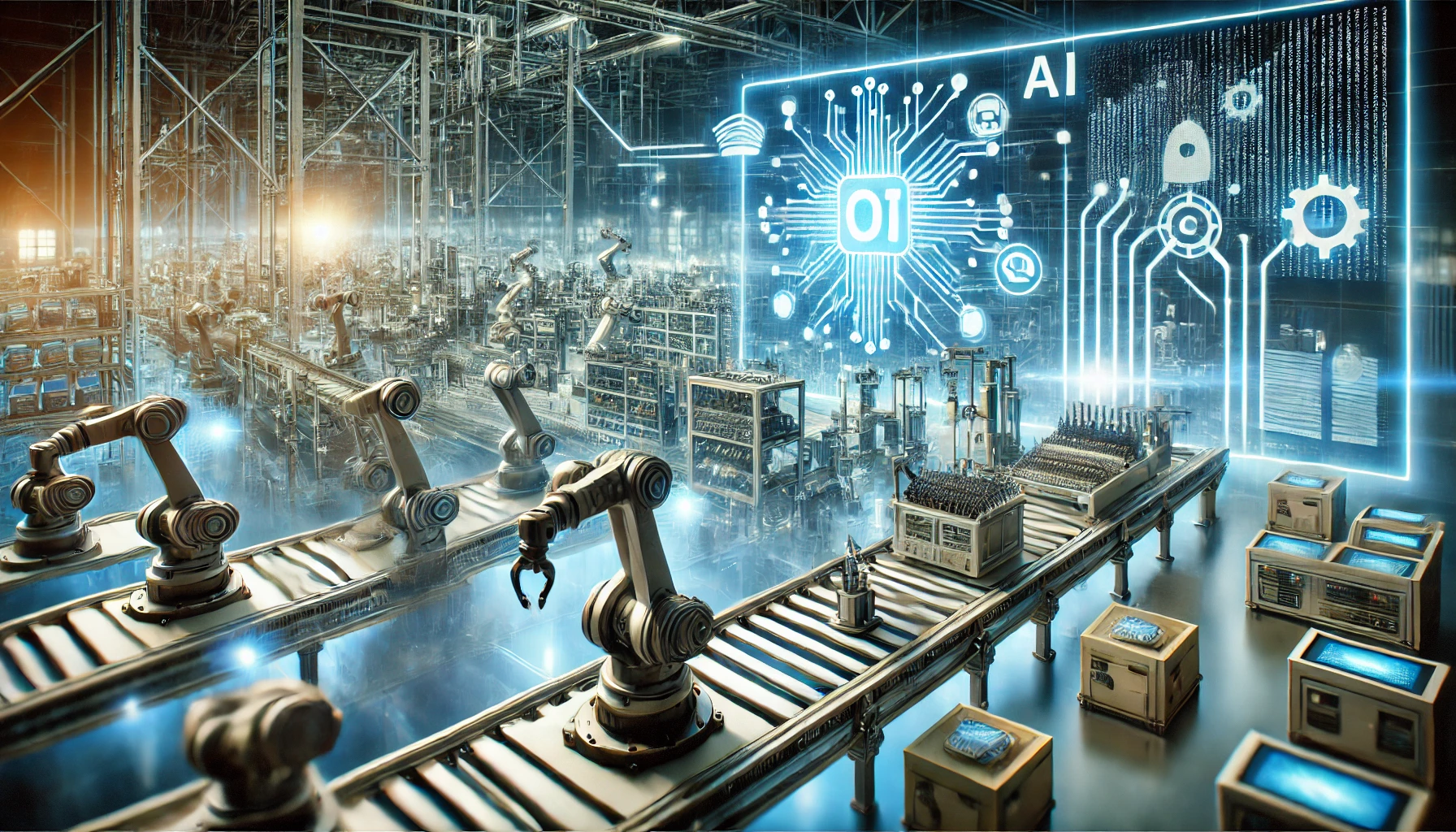Artificial intelligence (AI) and automation are reshaping industries across the globe, transforming the way businesses operate, optimize resources, and interact with customers. From manufacturing to customer service, these technologies are driving efficiency, reducing costs, and enhancing productivity. Understanding the implications of AI and automation is essential for staying competitive in today’s rapidly evolving marketplace.
The Role of AI and Automation in Business
AI and automation are often used interchangeably, but they serve distinct functions. AI refers to systems that simulate human intelligence, enabling machines to learn, reason, and make decisions. Automation, on the other hand, involves the use of technology to perform repetitive tasks without human intervention. Together, they create powerful solutions that streamline operations and drive innovation.
1. Manufacturing and Industrial Automation
Manufacturing is one of the most impacted industries by AI and automation. Robotics and AI-driven systems have enhanced production lines, improving speed and precision while minimizing human error. Key advancements include:
- Smart Factories: Utilizing AI-powered robots and IoT devices to optimize manufacturing processes (Siemens Smart Manufacturing).
- Predictive Maintenance: AI analyzes machine data to predict potential failures before they occur, reducing downtime (IBM Predictive Analytics).
- Supply Chain Optimization: Automated systems enhance inventory management and logistics efficiency.
2. AI in Customer Service and Support
AI-powered chatbots and virtual assistants are revolutionizing customer service by providing instant responses and personalized assistance. Benefits include:
- 24/7 Customer Support: AI-driven chatbots ensure customers receive real-time responses, improving satisfaction (Salesforce AI Service Cloud).
- Sentiment Analysis: AI analyzes customer interactions to gauge emotions and improve service strategies.
- Automated Ticketing Systems: AI streamlines issue resolution by categorizing and prioritizing customer inquiries.

3. AI in Healthcare and Pharmaceuticals
The healthcare industry is leveraging AI to enhance diagnostics, patient care, and drug development. Key applications include:
- Medical Imaging: AI-powered analysis of X-rays, MRIs, and CT scans enhances diagnostic accuracy (Mayo Clinic AI Research).
- Personalized Medicine: AI helps create customized treatment plans based on patient data.
- Automated Administrative Tasks: AI reduces paperwork, allowing healthcare professionals to focus on patient care.
4. AI-Driven Marketing and Retail
AI and automation are revolutionizing how businesses market products and engage customers. Notable advancements include:
- Personalized Recommendations: AI analyzes customer behavior to suggest relevant products (Amazon AI Recommendations).
- Automated Email Campaigns: AI-powered marketing tools optimize email timing and content for maximum impact.
- Inventory Forecasting: AI predicts demand patterns, preventing stock shortages and overstocking.
5. Finance and AI-Powered Analytics
Financial institutions are adopting AI and automation to improve decision-making, risk assessment, and customer interactions. Key implementations include:
- Fraud Detection: AI identifies unusual transactions and mitigates fraudulent activities (Visa AI Security).
- Algorithmic Trading: AI-driven models optimize investment strategies.
- Automated Financial Advising: AI-powered robo-advisors provide tailored financial recommendations.

How Businesses Can Adapt to AI and Automation
To remain competitive, businesses must embrace AI and automation strategically. Here are key steps to prepare for this technological shift:
- Assess Business Needs: Identify areas where AI and automation can improve efficiency and decision-making.
- Invest in Training: Equip employees with skills to work alongside AI-driven tools.
- Implement AI Ethically: Ensure AI usage aligns with company values and customer trust.
- Leverage Data: AI thrives on data; businesses must establish robust data collection and analysis frameworks.
- Stay Agile: Regularly update AI strategies to adapt to evolving technologies.
For expert insights on implementing AI and automation in your business, visit CatchMark Technologies.
The Future of AI and Automation in Industry
AI and automation are poised to drive even greater advancements in the coming years. Emerging trends include:
- AI-powered cybersecurity for enhanced data protection.
- Autonomous vehicles revolutionizing logistics and transportation.
- AI-generated content and personalized customer experiences.
As AI and automation continue to evolve, businesses that proactively integrate these technologies will gain a competitive edge. Understanding their impact and potential applications is crucial for success in an increasingly digital economy.
Final Thoughts
Embracing AI and automation is no longer optional—it is a necessity for businesses looking to thrive in the modern landscape. By leveraging these technologies strategically, industries can boost efficiency, enhance customer experiences, and drive innovation. The key lies in understanding their capabilities and implementing them effectively to future-proof operations.
Stay ahead of the curve by integrating AI and automation into your business strategy today. Learn more at CatchMark Technologies.

